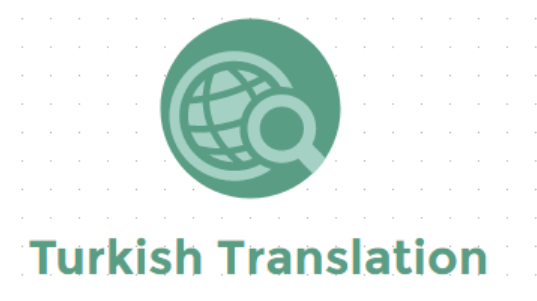In the vast and intricate world of legal procedures, the role of translation cannot be overstated. In Turkey, this importance is magnified by the country’s strategic position straddling East and West, its dynamic legal reforms, and its increasingly international legal engagements. Central to this realm of legal translation is the concept of “yeminli tercüman” or sworn translators, professionals who bridge language barriers within legal contexts. This article delves into the current landscape and the promising future of legal translation in Turkey, spotlighting the evolving role of sworn translators in the face of technological advancements, regulatory changes, and global challenges.
Current Landscape
Legal translation in Turkey encompasses a wide array of documents, from contracts and agreements to court decisions and legal correspondences. Sworn translators, or “yeminli tercüman,” play a pivotal role in this process, offering certified translations that are recognized by Turkish courts and government bodies. The accuracy and reliability of these translations are paramount, given the potential legal ramifications of any discrepancies.
The demand for legal translation has surged in Turkey, driven by the country’s economic growth, its candidacy for European Union membership, and its position as a hub for international business. This has led to an increased need for “yeminli tercüman” services across languages, with a significant emphasis on English, German, French, Arabic, and Russian, reflecting Turkey’s diverse international ties.
Challenges and Opportunities
The path forward for legal translation in Turkey is marked by both challenges and opportunities. On one hand, the profession faces the universal hurdles of maintaining high standards of accuracy and confidentiality in an increasingly fast-paced world. On the other, technological advancements and regulatory reforms present unprecedented opportunities for growth and improvement.
Technological Advancements
The rise of artificial intelligence (AI) and machine learning has transformed many fields, and legal translation is no exception. While some fear that technology might supplant human translators, the reality in Turkey is more nuanced. AI and machine translation tools are increasingly seen as aids rather than replacements, enhancing the efficiency and consistency of translations. However, the nuanced understanding and cultural awareness of a “yeminli tercüman” cannot be replicated by machines, ensuring their role remains vital.
Furthermore, technology facilitates better resource sharing and collaboration among translators, legal professionals, and clients, streamlining the translation process. Digital platforms and blockchain technology also offer new ways to certify and secure translations, potentially expanding the role of sworn translators beyond traditional boundaries.
Regulatory Changes
Turkey’s legal and regulatory landscape is evolving, with implications for legal translation. Recent reforms aimed at enhancing transparency, efficiency, and integration with international legal standards are changing the demand for certified translation services. Sworn translators are now required not only to be language experts but also to have a deeper understanding of legal nuances across jurisdictions.
The Turkish government has been implementing changes to streamline legal processes, including the digitalization of many legal services. This digital transformation necessitates a corresponding shift in the legal translation sector, with a greater emphasis on digital literacy and the ability to work with electronic documents and e-signatures.
The Role of Education and Professional Development
As the demands on legal translators evolve, so too must their education and professional development. Turkey has seen a growth in specialized translation studies programs, but there is a pressing need for more focused training on legal translation and ethics. Continuing professional development is also crucial, as sworn translators must keep abreast of legal, technological, and linguistic changes.
Looking Ahead
The future of legal translation in Turkey is bright, with demand set to grow in line with the country’s international engagements and legal reforms. The key to success lies in embracing technology, enhancing professional standards, and fostering a deeper understanding of international law among “yeminli tercümanlar.”
Collaboration between legal professionals, translators, and technology experts will be essential in navigating the challenges ahead. By leveraging technology, Turkey can enhance the quality and efficiency of legal translations, ensuring they meet the highest standards of accuracy and reliability.
Furthermore, Turkey’s unique position as a crossroads of cultures and legal systems offers a unique opportunity to set new standards in legal translation. Through collaboration, innovation, and adherence to the highest professional standards, the future of legal translation in Turkey can not only meet the demands of the present but also lead the way into the future.
In conclusion, the evolution of legal translation in Turkey is a testament to the dynamic nature of the legal and linguistic fields. The role of “yeminli tercüman” is at the heart of this evolution, embodying the bridge between languages and legal systems. As Turkey continues to navigate its path on the international stage, the demand for skilled, versatile, and tech-savvy legal translators is set to rise. Embracing the challenges and opportunities of the future, these professionals are poised to play a crucial role in the unfolding story of Turkey’s legal landscape.

